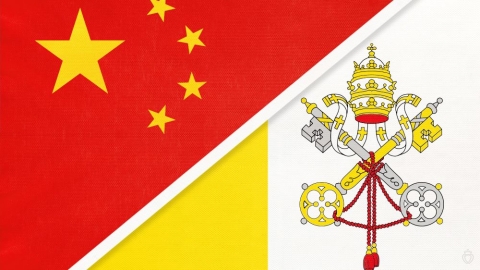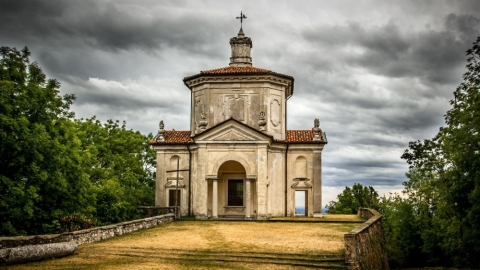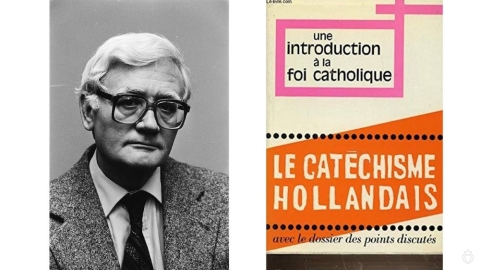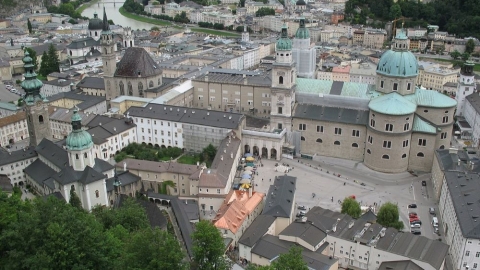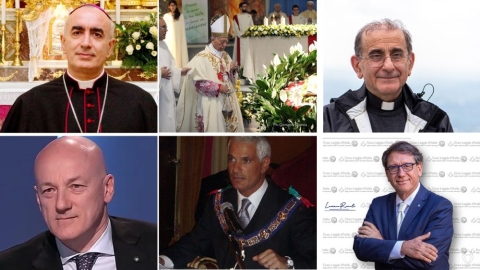Maundy Thursday: Blessing of the Holy Oils
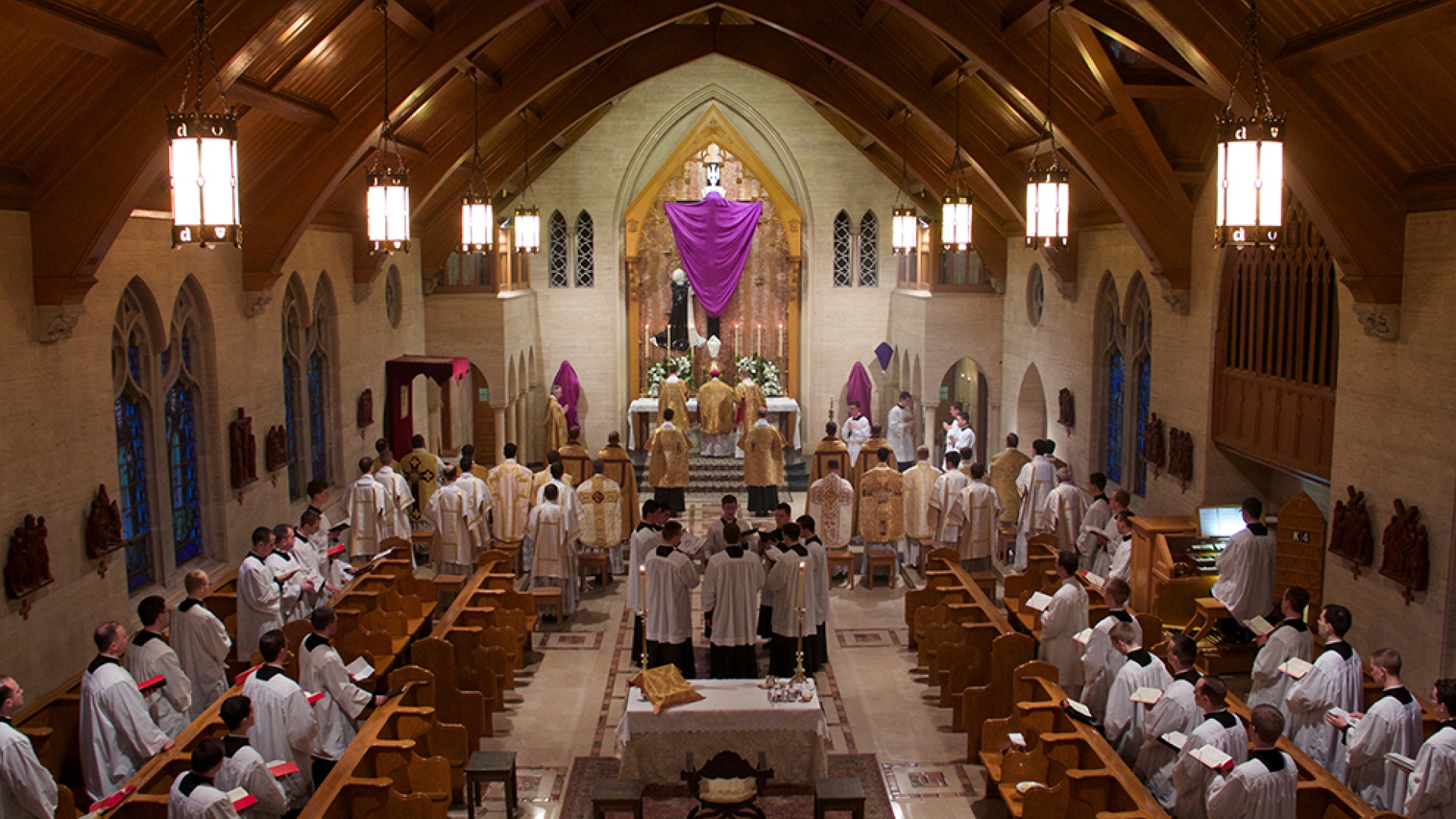
Chrism Mass
The second Mass, which used formerly to be said on Maundy Thursday, was that of the blessing of the Holy Oils. This holy function, which takes place but once a year, requires a bishop as the consecrator. For now many centuries, this great ceremony is celebrated at the single Mass, which is said, on this day, in commemoration of Our Lord’s Supper, on Maundy Thursday morning. It is called the “Chrism Mass.”
Faith teaches us, that, as we are regenerated by water, so are we confirmed and fortified by oil; and that oil is one of the chief elements chosen by the Divine Author of the Sacraments, whereby to signify and produce grace in our souls. The reason of the Church’s selecting Maundy Thursday for the blessing of the holy oils, was that they would be so much needed for the Baptism of the neophytes on Easter Eve.
It behooves the Faithful to understand the mystery of those sacred elements. We will, therefore, briefly explain it to them, in order that we may excite their hearts to gratitude to our Blessed Lord, who has made material things the instruments of grace, and, by His Blood, has given them the sacramental power which resides within them.
The first of the Holy Oils, that is, the first that is blessed by the bishop, is the one called the oil of the sick. It is the matter of the Sacrament of Extreme Unction. It takes away from the dying Christian the remnants of sin; it strengthens him in his last combat; and, by the supernatural power it possesses, sometimes restores to him the health of the body.
Formerly, it used to be blessed on any day of the year, as often as required: but, later on, its blessing was fixed for this day, that thus the three oils might be blessed all together. The faithful should assist with much devotion, at this ceremony; for the element that is thus sanctified is one day to anoint and purify their bodies, sinking under sickness. Let them, as they see it being blessed, think upon their last hour, and praise the infinite goodness of their Saviour, “whose blood streams so plentifully through this precious fluid.”
The noblest of the three oils is the chrism, and its consecration is more solemn, and fuller of mystery than those of the other two. It is by the chrism that the Holy Ghost imprints His indelible seal on the Christian that has already been made a member of Christ by Baptism. The water gives us our spiritual birth; the chrism gives us strength.
Holy Chrism, besides its sacramental use in Confirmation, and its being put upon the head of the newly baptized, is also used by the Church in the consecration of her bishops, in the consecration of chalices and altars, in the blessing of bells, and in the dedication of a church; in which last most imposing ceremony, the bishop pours out the chrism on the twelve crosses which are to attest to all succeeding ages the glory of God’s house.
The third of the Holy Oils is that which is called the oil of catechumens. Though it be not the matter of any Sacrament, it is, nevertheless, of apostolic institution. It is used in the ceremonies of baptism, for anointings the breast and shoulders. It is used also for the anointing of a priest’s hands in Ordination, and at the coronation of a king or a queen.
The holy Church seldom employs such pomp as she does on this occasion. Twelve priests, seven deacons, and seven sub-deacons are present. The Roman pontifical tells us that the twelve priests assist as witnesses and co-operators of the holy chrism.
Related links
(Source : Dom Guéranger – FSSPX.Actualités)
